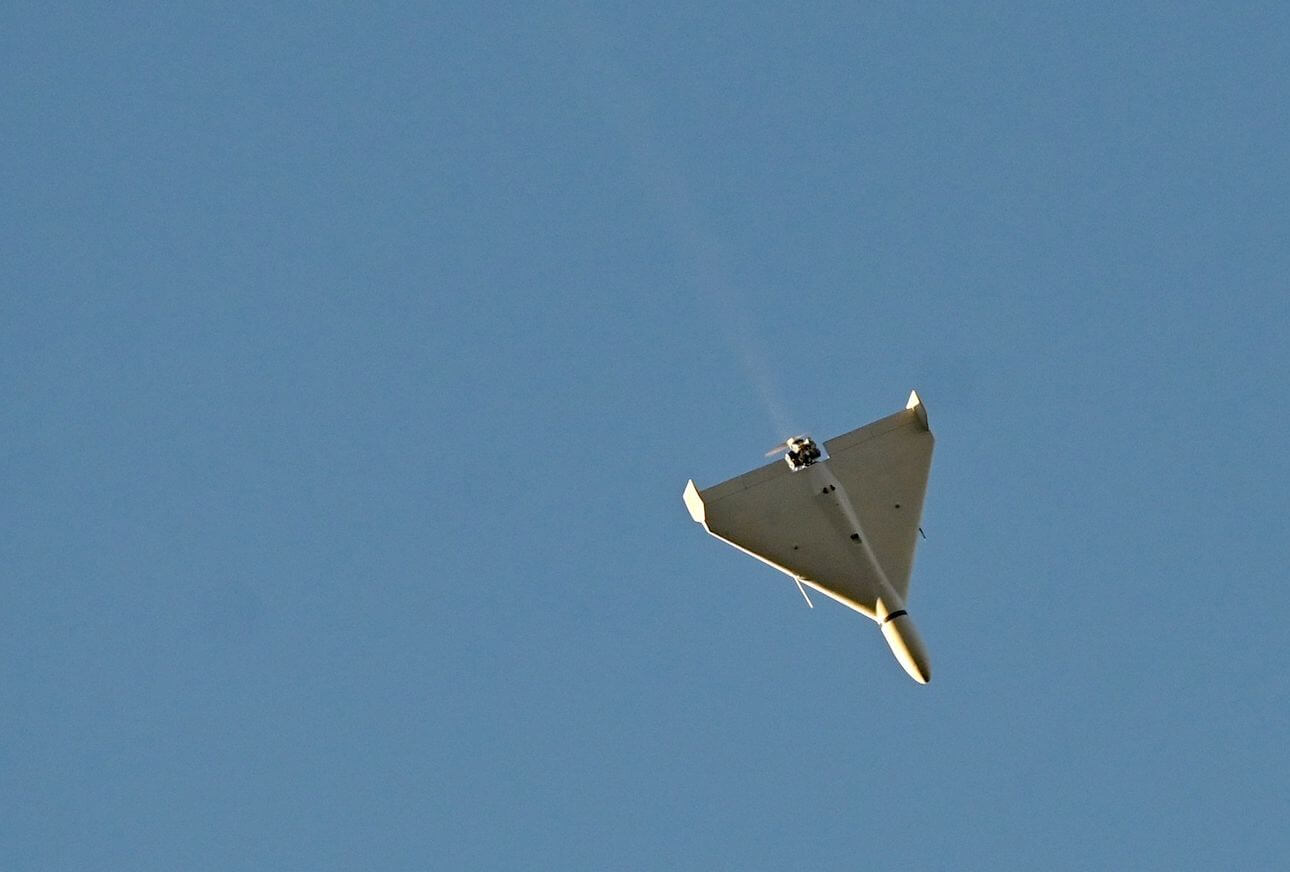The United States (US) alleged on Thursday that Iran is “now directly engaged on the ground” in Crimea to assist Russian forces in conducting drone strikes across Ukraine that are killing civilians and destroying civilian infrastructure.
National Security Council (NSC) Coordinator for Strategic Communications John Kirby said in a press conference on Thursday that a “relatively small number” of Iranian officials have been training Russian forces and providing technical support in piloting Iranian unmanned aerial vehicles (UAVs) “with better lethality” after experiencing “system failures early on.”
"We don't believe it's going to change the course of the war," Kirby says Russia's use of Iran's drones.
— Jared Szuba (@JM_Szuba) October 20, 2022
Kirby also raised concern about Russia planning to “acquire advanced conventional weapons from Iran, such as surface-to-surface missiles, that will almost certainly be used to support the war against Ukraine,” citing Moscow’s ongoing supply shortages. “Iran and Russia can lie to the world, but they certainly can’t hide the facts,” he asserted.
Though Russia has always denied an arms deal with Iran, Tehran officials have confirmed supplying drones and even medium-range ballistic missiles to replenish the Russian armoury. In fact, in a series of meetings, including one in Moscow on 18 September and another on 6 October, when Iran’s first vice-president, Mohammad Mokhber, two Islamic Revolutionary Guard Corps (IRGC) senior officials, and an official from the Supreme National Security Council visited Moscow, Russia said that it wanted “more drones and those Iranian ballistic missiles with improved accuracy, particularly the Fateh and Zolfaghar missiles family.”
.@UN Security Council was briefed on evidence of UAV transfers from Iran to Russia violating UNSCR 2231. Although Iran continues to lie, the world is aware that Russia uses Iranian drones to attack Ukrainian civilians and infrastructure. https://t.co/C8WCJeb0aK
— Ned Price (@StateDeptSpox) October 20, 2022
The Russian forces have been using Iranian drones and the Kalibr and Iskander cruise missiles to unleash a barrage of strikes across Ukraine, destroying about 30% of its power plants.
During the Thursday briefing, Kirby affirmed that Washington will “pursue all means to expose, deter, and confront Iran’s provision of these munitions against the Ukrainian people” and “continue to vigorously enforce all US sanctions on both the Russian and Iranian arms trade.”
“We’re going to make it harder for Iran to sell these weapons to Russia,” Kirby vowed, adding that the US was working with its allies, including the United Nations (UN), to address Iran’s “dangerous proliferation of weapons to Russia,” which is a violation of UN Security Council Resolution 2231.
Iran supplies drones that Russia is using to carry out barbaric attacks on Ukrainian civilians. I cosponsored and urge the Senate to pass the Stop Iranian Drones Act to sanction supporters of Iran's drone program. The US will not tolerate those who aid Russia in their unjust war.
— Senator Mark Kelly (@SenMarkKelly) October 19, 2022
In this respect, at the UN this week, Ukraine accused Iran of violating a 2015 UNSC resolution— that was backed by the United Kingdom, the US, and France —that banned Tehran from supplying drones capable of flying 300 kilometres (kms).
In fact, National Security Advisor (NSA) Jake Sullivan said back in July that Iran “is preparing to provide Russia with up to several hundred UAVs [drones]” to use in its ongoing war with Ukraine on an “expedited timeline.” “Iran is preparing to train Russian forces to use UAVs, with initial training sessions slated to begin in July,” Sullivan claimed.
Subsequently, in September, Ukraine downgraded diplomatic ties with Iran over its decision to supply Russia with the Shahed-136 and Mohajer-6 drones and the Fateh-110 and Zolfaghar ballistic missiles. Ukrainian President Volodymyr Zelensky noted that Russian forces had used Iranian drones to attack the Dnipro and Odesa regions and claimed that Ukrainian troops had shot down nine Iranian drones so far.
He said Iran does not send arms to the warring sides in #Ukraine and wants an end to the war and an end to the displacement of people.
— Iran Foreign Ministry 🇮🇷 (@IRIMFA_EN) October 21, 2022
Iran, however, dismissed Zelensky’s accusations as baseless and “expressed regret” over Ukraine’s decision to sever diplomatic ties, with Iranian Foreign Ministry spokesperson Nasser Kanaani saying that “Kyiv’s decision was made based on unconfirmed reports and foreign media propaganda.”
In September, the US Department of the Treasury’s Office of Foreign Assets Control (OFAC) sanctioned three Iranian companies and one individual involved in the research, development, production, and procurement of Iranian UAVs and UAV components, including the Shahed series of drones, for Iran’s Islamic Revolutionary Guard Corps (IRGC) and its Aerospace Force (IRGC ASF) and Navy.

